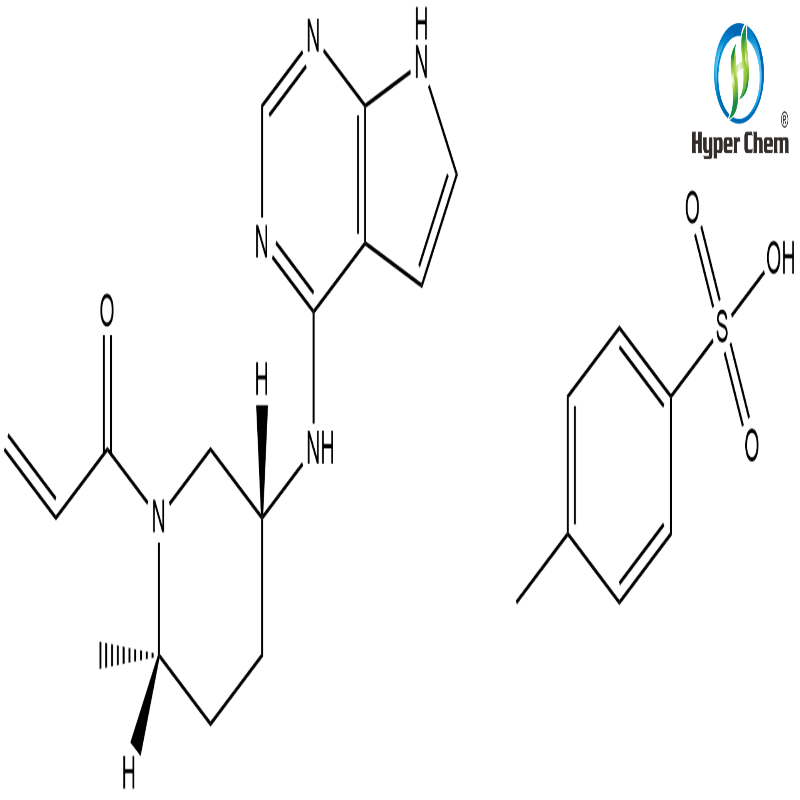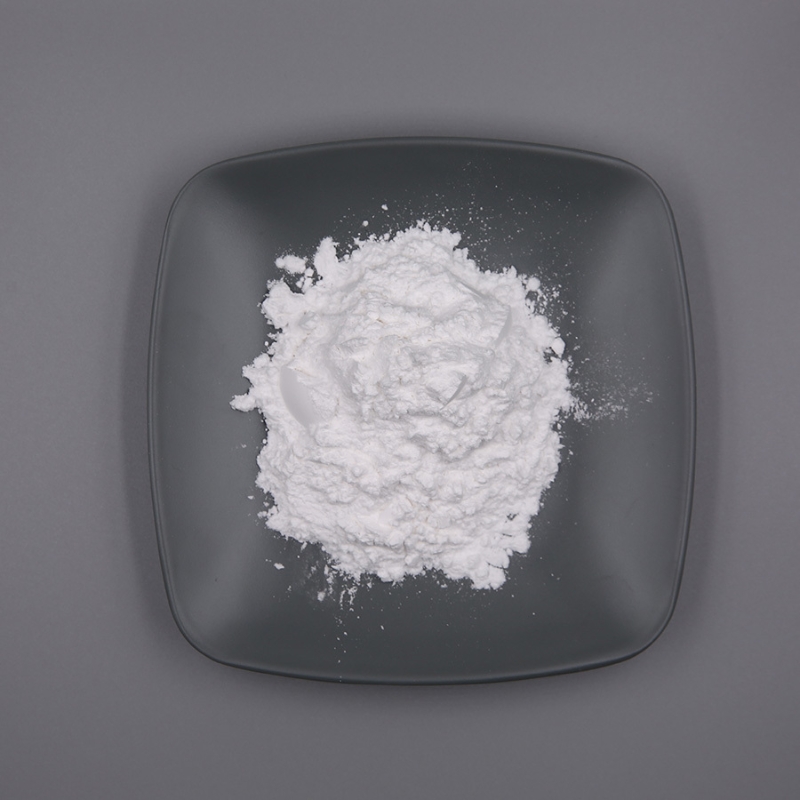-
Categories
-
Pharmaceutical Intermediates
-
Active Pharmaceutical Ingredients
-
Food Additives
- Industrial Coatings
- Agrochemicals
- Dyes and Pigments
- Surfactant
- Flavors and Fragrances
- Chemical Reagents
- Catalyst and Auxiliary
- Natural Products
- Inorganic Chemistry
-
Organic Chemistry
-
Biochemical Engineering
- Analytical Chemistry
-
Cosmetic Ingredient
- Water Treatment Chemical
-
Pharmaceutical Intermediates
Promotion
ECHEMI Mall
Wholesale
Weekly Price
Exhibition
News
-
Trade Service
Large-scale population-based serological studies can help us better understand the true scale of the new corona outbreak and the immune characteristics of patients after infection.
recently, JAMA Network Open, a sub-issue of the Journal of the American Medical Association, published the results of a survey on the sero-positive rate of new coronary antibodies in people in Wuhan.
was carried out by the Tongji Hospital team at Huahua University of Science and Technology.
This is a cross-sectional study conducted at Tongji Hospital of China Central University of Science and Technology from March 27 to May 26, 2020, and included 35,040 adults aged 18 and over, of whom 49.3% were men and the middle age was 36 years (four points from 30 to 45 years).
team conducted serum tests on their new coronavirus-specific IgM and IgG antibodies, as well as nucleic acid testing of new coronavirus through PCR reactions.
results showed an overall serum antibody-positive rate of 3.9%.
, the in vivo IgM and IgG antibody biyang rate was 0.7%, the IgG antibody monoyang rate was 3.2%, and the IgM antibody monootymity rate was 0.0%.
of the 1,360 individuals who tested positive for antibodies (80.9%) were IgG antibody monoyangs.
only one person (0.04%, 15 cases/35040 cases) detected a new coronavirus nucleic acid sequence in the body and turned negative during isolation, and no nucleic acid test positive was found in their close contacts.
means that most infections in sero-positive subjects occur before, rather than newly infected.
population characteristics, the sero-positive rate is higher in urban areas than in rural and urban areas (4.4% vs 2.9%), which is consistent with the geographical distribution of confirmed cases.
than men (4.4% vs 3.3%), which is consistent with the higher rate of previously reported female diagnoses.
sero-positive rate was higher with age, with a sero-positive rate of 9.2 per cent for people aged 60 and over.
team noted that older people may have a higher rate of combined disease, which may increase the risk of new coronavirus infections and increase the severity of the disease.
team said that despite the large population sample size, a number of factors also had an impact on the results.
For example, the subjects did not include minors and there were very few people over 60, which limited the estimation of sero-positive rates in the elderly and children;
()







